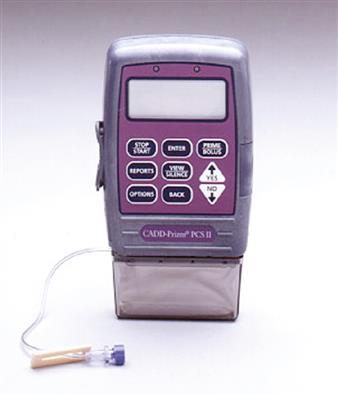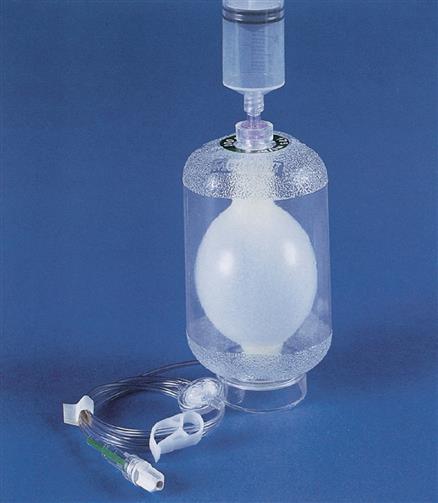 Home Care Considerations in the Administration of Medications
Home Care Considerations in the Administration of Medications
LEARNING OBJECTIVES
On completion of the materials provided in this chapter, you will be able to:
1 Understand the unique issues of nursing practice in a home care setting
2 Understand the administration of IV therapy in a home care setting
HOME HEALTH NURSING
![]() Home health nursing is one of the fastest growing sectors in the health care industry. High-quality nursing care is being delivered to patients in their homes to promote cost-effective health care. These services may be provided on a scheduled or intermittent basis. Home health care is often more conducive to restoring or maintaining a patient’s quality of life than care in a hospital or other facility. Patient satisfaction may also be increased by being at home rather than separated from family in an acute care setting.
Home health nursing is one of the fastest growing sectors in the health care industry. High-quality nursing care is being delivered to patients in their homes to promote cost-effective health care. These services may be provided on a scheduled or intermittent basis. Home health care is often more conducive to restoring or maintaining a patient’s quality of life than care in a hospital or other facility. Patient satisfaction may also be increased by being at home rather than separated from family in an acute care setting.
Nurses working in the field of home care enjoy increased autonomy of practice. They must have a medical-surgical background (usually 1 year of clinical experience) and be able to demonstrate expert critical thinking skills. These skills include assessment, communication, judgment, and problem solving. Home care nurses need to be self-directed. Their patients are more likely to need specialized care because of the shortened length of stays in hospitals, resulting in an increased use of technology in the home. These nurses need to be independent and innovative in their practice. The technical skills required of them are often the same as for nurses working in intensive care units. Many states require home care agencies to have nurses available 24 hours a day.
Home care nursing may involve dressing changes, tracheostomy and ventilator care, patient and family teaching, bathing, rehabilitation services, and hospice care. However, the home infusion market is the area of greatest growth in home care. This involves the administration and management of medications in the home. Administration of intravenous (IV) medications at home costs substantially less than it would in a hospital. The design of portable infusion pumps has improved the safety, accuracy, and ease of home infusion therapy (Figures 22-1 and 22-2).

The principles of medication administration are the same in the home setting as in a hospital. The physician writes the order for the medication. Medication calculations are done in exactly the same way as discussed earlier in this book. The guiding principles include the six rights of medication administration (Box 22-1). The nurse must follow the rights as discussed in Chapter 10, Interpretation of the Physician’s Orders.




